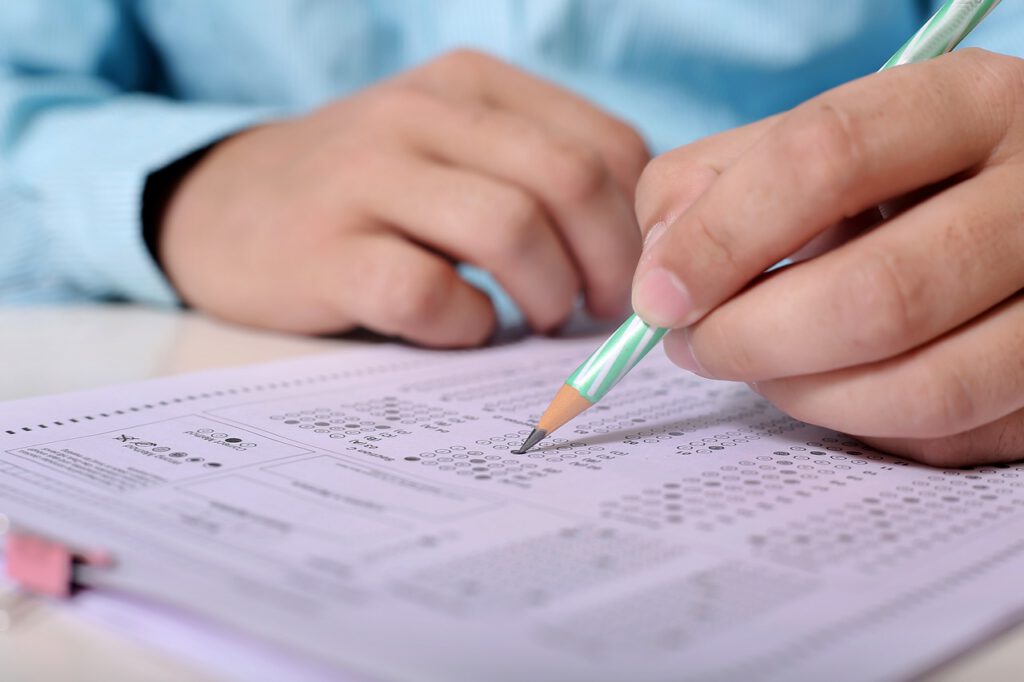Are GCSE pupils ready for next year’s studies? How to help your child catch up

Exams may be off the table this year, but pupils still need to catch up with their GCSE studies in order to be ready for their A Level and further education courses next academic year.
Chris Malcolm, founder of Wales-based educational resources provider Daydream Education, says that his company’s products are in demand from parents and pupils wanting to ensure the transition to further education goes smoothly.
With this in mind, he has made a selection of Daydream’s downloadable study tools available for FREE to support pupils wanting to get ready for their studies next year. He has also issued a set of “spaced learning” study tips to help pupils and parents ensure that home study is as effective as possible.
“The fact that GCSE results will be decided based on teacher assessment is a relief to many, but now people are starting to worry about next year,” he said. “Pupils and parents are concerned that the transition to A levels and other further education studies may be harder as a result of the way this academic year panned out. Exam revision can really help cement the knowledge that pupils need for ongoing studies – and that won’t take place this year.”
Chris founded his Bridgend-based company 25 years ago after he identified a need for quality educational posters in school classrooms. Its posters are now in over 90 percent of UK secondary schools and are used widely internationally as well. As well as posters, Daydream Education produces its range of Pocket Posters revision guides, which present all the information from their posters in book form and come with a free digital app which includes assessment activities and reporting.
These are popular not only with schools but also as home study tools. In the absence of exams, they are ideal for helping pupils ensure they have all the knowledge needed to make a confident start to next year’s studies.
Chris said: “This has been a challenging year and it’s understandable that pupils may have fallen behind with their studies. Without exams, there’s a risk that they will not feel fully prepared and confident when it comes to progressing onto A levels and further education next year. During lockdown we released a selection of free resources to help support home study and now we’ve extended this so that GCSE pupils can access resources that will help them get fully prepared for next year.
“Our resources are designed to be easy to use and are hugely effective at helping pupils memorise key information. Our Pocket Posters are designed to support learning in short, 15-20 minute sessions, known as ‘spaced learning’, which has been shown to be one of the most effective ways to revise. If pupils work with these resources, they should go into next year feeling confident.”
7 steps to help you catch up using spaced learning
Put simply, “spaced learning” means studying in short bursts of 15-20 minutes, separated by breaks of 10-15 minutes. This approach has been shown to dramatically increase student engagement, satisfaction and long-term knowledge recall. Here are 7 tips to help you get the most out of this approach.
- Study the content you are aiming to learn for more than 20 minutes.
- Break for 10-15 minutes.
- Look over worked examples, and if you can, present the information you’ve learnt to a family member. This will help you cement your understanding of the topic.
- Break for 10-15 minutes.
- Test yourself. Our digital Pocket Poster book, which comes free with our revision guides, gives you access to up to 1000 quiz questions via an app.
- Break for 10-15 minutes.
- Test yourself using a past exam paper. These are easy to find online.












Responses